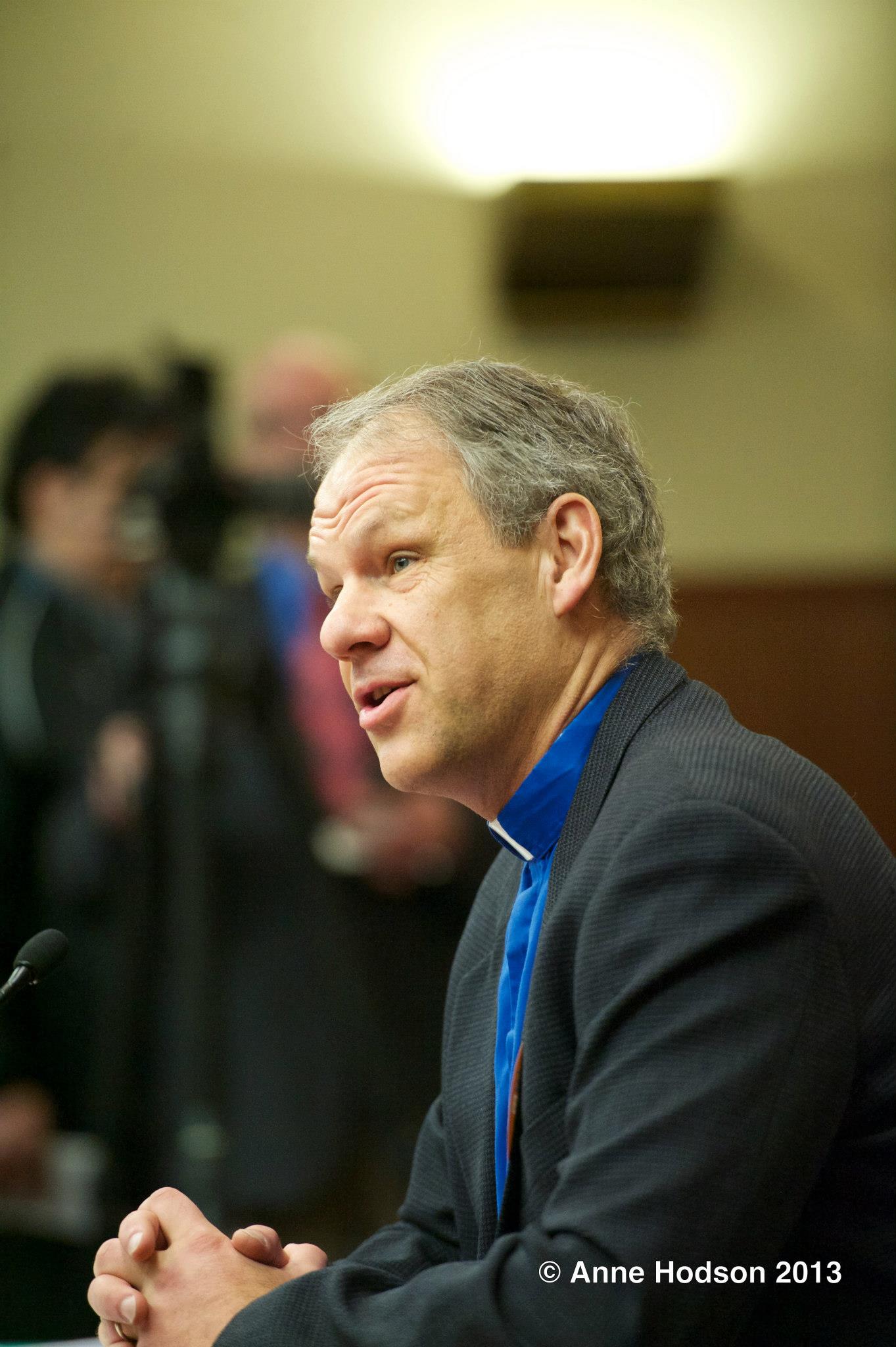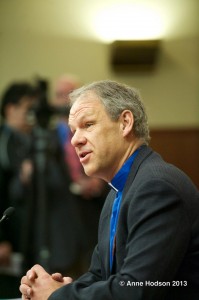On Marriage – Douglas Donley
“Mawwiage. Mawwiage is what bwings us togethew today. Mawwiage, that bwessed awwangement, that dweam within a dweam. And wove, twue wove, wiww fowwow you fowevah and evah… So tweasuwe youw wove…” So said the very impressive clergyman in the classic movie The Princess Bride. I actually had a couple ask me to open their wedding with those words. Levity is a good thing when celebrating a wedding.
Wedding ceremonies are the vortex of family expectations, anxieties, deepest hopes and tender love. This can make for a volatile stew. Seldom are weddings boring.
Alice Walker in her book, The Temple of My Familiar wrote that a wedding is “making a private bond a public is like trying to turn water into wine when you prefer water to wine, and anyway you ain’t Christ.”
So, we take this plunge with couples and encourage them to dare to articulate their deepest dreams and stuff their darkest fears, at least for the sake of the ceremony. And it is at the core of the religious community. Our holy work is to nurture healthy relationships, to create an environment for people to discover their very best selves, to join with another to make their part of the world a bit more hopeful, meaningful and blessed. That’s where we see our role as religious professionals.
So what does this have to do with legal marriages? Well, when a clergy person presides at a wedding (provided their clergy credentials are registered and recognized by the county and state) they have the power to sign the forms and grant the couples all the rights and privileges of marriage. We become, in essence, agents of the state. This raises concerns for those of us who really like the separation of church and state. It also raises concerns for us when we can sign the forms for heterosexual couples but not for same-sex couples. On principle, it is a dubious privilege that I have as an agent of the state to offer benefits to some couples but not others. I have considered refusing to sign the licenses of some couples until I could sign them for all couples. This would work for me if not for those shades of grey (and I’m not talking about my hair).
I have had the privilege of presiding over the marriages of couples that included a transgender partner. It gave me great joy to sign the marriage license to ensure that they were recognized by the state as an opposite sex couple.
I think we can agree that marriage is a stabilizing force in society. And that when clergy solemnize a marriage in a wedding ceremony, we are invoking God’s watchful care over the couple and acknowledging the community’s responsibility to support the couple in these daring vows they make. Because we all know that many factors will conspire against a couple staying married. They will need their religious community to help support and encourage them to continue to build healthy relationships.
But at issue here is really whether the state or the government ought to restrict those functions to opposite sex couples.
All of the reasons to deny marriage rights to same sex couples have their roots in religion. Specifically, they have their roots in how we interpret scripture. I believe that the Bible does not address homosexuality as we know it today and that it does support relationships based upon justice and love. And yet, the state and the nation have passed laws that codify a different interpretation of scripture into law. Doesn’t this violate the separation of church and state?
I was asked to testify at the Minnesota House Committee that was arguing about whether to pass a bill to legalize same sex marriage in Minnesota. I was one of several clergy advocating marriage equality. Here is a part of what I said:
I stand here as a Baptist minister. Baptists believe that everyone has a right and a responsibility to interpret scripture for themselves. We make our own decisions about how we govern our churches, whom we call as our leaders and whom we marry within our walls. The Baptist experiment is all about protecting the freedom of the minority. The way the current legislation restricting marriage reads, it limits our religious freedom. In fact, it codifies one interpretation of scripture into our law. I have no doubt that well-meaning people wrote that legislation. But it is outdated and it is the state making the law based upon one interpretation of scripture. Those of us who faithfully read scripture as saying that God recognizes and affirms all people regardless of sexual orientation are being discriminated against, to say nothing of our LGBT sisters and brothers who don’t get the 515 benefits granted by law to married couples.
I have been a pastor for over 23 years. I have officiated at dozens of weddings over my career. Most of them have been opposite sex marriages and many have been same-sex marriages. Each time I preside at a wedding gay or straight, I find that my marriage to my wife is fortified and enhanced. Love begets love. Granting the freedom to marry the love of one’s life enhances love and stabilizes society. Heck, it’s conservative. I stand by the freedom of those who love each other and who are committed to the sacrifice and gift of marriage. I declare that all ought to have that brave union recognized by the state.
I urge the members of this committee to support the freedom to marry. It’s high time our state lived into its legacy of leadership in tolerance, rights, freedom and love. It’s the core of our faith and the hallmark of our common values. Thank you.
The bill passed through the committee and in the coming weeks, the full MN House and Senate will vote on marriage equality. I hope we get there. It will be high time. And yet, folks like me will still find ourselves torn about whether or not to be agents of the state. But at least we will be able to be agents for equality. That would be a welcome change.
The Rev. Doug Donley serves as Pastor of University Baptist Church in Minneapolis. Before coming to UBC in 2001, he pastored churches in Hartford, CT and San Francisco, CA. A graduate of Denison University and Union Theological Seminary, he has held national leadership positions with Soulforce and the Baptist Peace Fellowship of North America. In his spare time, he runs marathons and makes maple syrup in his Minnesota back yard. He holds the dubious distinction of being denied ordination twice for refusing to say that homosexuality is a sin.



Profound words!
Yeah!
Thanks, Doug! Good to see you both here, Deidre and Paula!
Doug, Thank you. Very, very well said. I appreciate you. Ramona
Very well said. Thanks.